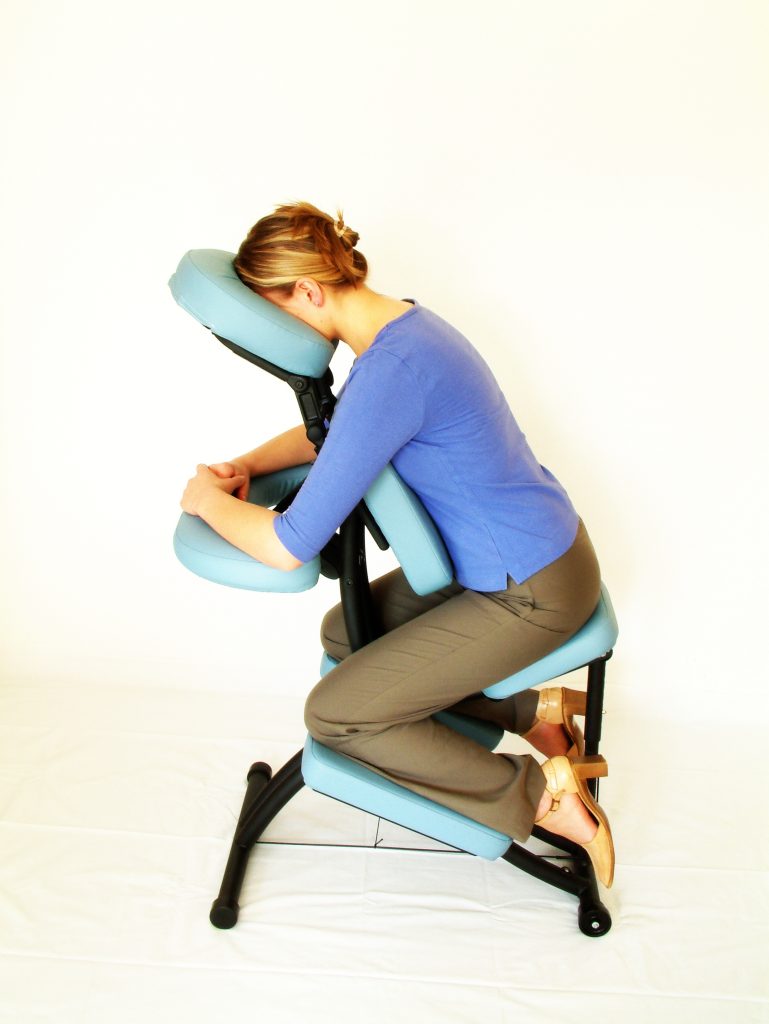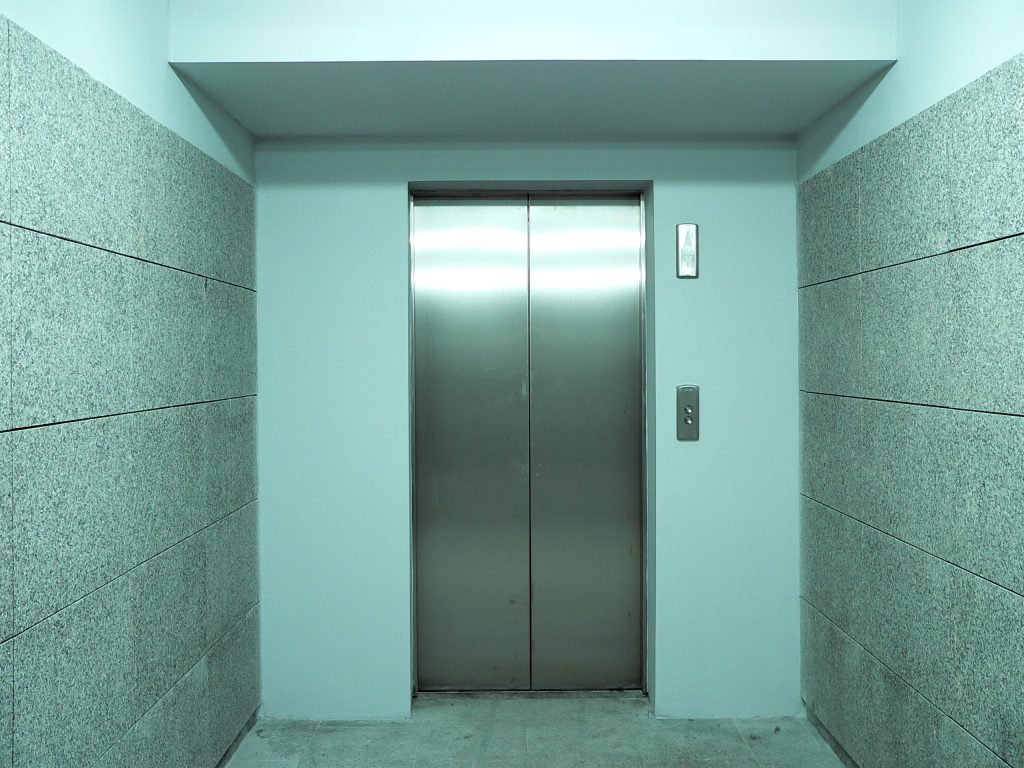 In order to prevail in a lawsuit, the plaintiff must have a “cause of action,” which is a theory of law supported by facts that the court can recognize as a path to providing the plaintiff a remedy. At trial, a defendant may raise a peremptory exception — essentially an argument that the court cannot help the plaintiff with his or her problem — if the plaintiff’s petition does not allege facts that support the cause of action.
In order to prevail in a lawsuit, the plaintiff must have a “cause of action,” which is a theory of law supported by facts that the court can recognize as a path to providing the plaintiff a remedy. At trial, a defendant may raise a peremptory exception — essentially an argument that the court cannot help the plaintiff with his or her problem — if the plaintiff’s petition does not allege facts that support the cause of action.
In March of 2005, John Rombach resigned from his position in Baton Rouge as fiscal officer for the State of Louisiana. Rombach’s job was to analyze the financial effects of proposed legislation on the government, including tax revenue. He claimed that he was so good at his work that he made enemies of some of the officials whose legislation he recommended be rejected due to their high cost. He further claimed that these opponents attempted to have him removed from office on the basis of supposed inappropriate payments he made to himself.
Rombach found himself before the Louisiana Board of Ethics in 2010. After the Board of Ethics ultimately dismissed all complaints against Rombach, he filed a lawsuit for defamation, malicious prosecution, and abuse of process against the “opponent” state officials who he believed filed the ethics complaints that led to the Board’s investigation. The defendants filed peremptory exceptions, claiming that the facts alleged by Rombach did not support a theory of law that would permit the court to award Rombach damages. Though the trial court denied these peremptory objections, it nevertheless dismissed the case. Rombach appealed to Louisiana’s First Circuit Court of Appeal.
 Louisiana Personal Injury Lawyer Blog
Louisiana Personal Injury Lawyer Blog


 Generally, when an accident occurs on a property that is the result of the property owner’s negligence, it is presumed that the property owner is liable for the person’s injury. However, when liability does not exist, a motion for summary judgment is a procedural device that the defendant in a lawsuit can use to dismiss the plaintiff’s claim. Under Louisiana law, a motion for summary judgment will be granted if the pleadings and discovery show there is no genuine issue of material fact and that the party seeking summary judgment is entitled to judgment as a matter of law.
Generally, when an accident occurs on a property that is the result of the property owner’s negligence, it is presumed that the property owner is liable for the person’s injury. However, when liability does not exist, a motion for summary judgment is a procedural device that the defendant in a lawsuit can use to dismiss the plaintiff’s claim. Under Louisiana law, a motion for summary judgment will be granted if the pleadings and discovery show there is no genuine issue of material fact and that the party seeking summary judgment is entitled to judgment as a matter of law. A therapeutic massage can offer many medical benefits. But if the massage therapist uses too much force, or applies force in an inappropriate way, severe injury to the patient can result. In such cases, an experienced personal injury attorney may be needed in order for the patient to recover damages for medical bills, lost time from work, as well as pain and suffering.
A therapeutic massage can offer many medical benefits. But if the massage therapist uses too much force, or applies force in an inappropriate way, severe injury to the patient can result. In such cases, an experienced personal injury attorney may be needed in order for the patient to recover damages for medical bills, lost time from work, as well as pain and suffering.  When a healthcare provider is dealing with workers’ compensation cases, the outcome can be a bureaucratic nightmare. When insurance companies also get involved, legal disputes are bound to arise. Courts have to navigate these cases, even when they seemingly end in a mutual settlement agreement by all parties.
When a healthcare provider is dealing with workers’ compensation cases, the outcome can be a bureaucratic nightmare. When insurance companies also get involved, legal disputes are bound to arise. Courts have to navigate these cases, even when they seemingly end in a mutual settlement agreement by all parties.  Imagine shopping for flooring on a Saturday. The store is crowded and the samples of luxury vinyl tile are starting to all look the same. The flooring store has graciously placed a bench in the showroom. Much to everyone’s embarrassment, however, the bench collapses under the weight of a patron. Who is responsible for the injuries both to pride and physical body in this situation? For one Gretna, Louisiana woman, a lack of evidence on the cause of the malfunction caused her lawsuit to collapse as well.
Imagine shopping for flooring on a Saturday. The store is crowded and the samples of luxury vinyl tile are starting to all look the same. The flooring store has graciously placed a bench in the showroom. Much to everyone’s embarrassment, however, the bench collapses under the weight of a patron. Who is responsible for the injuries both to pride and physical body in this situation? For one Gretna, Louisiana woman, a lack of evidence on the cause of the malfunction caused her lawsuit to collapse as well.  Slip and fall cases seem to go with grocery stores like peanut butter goes with jelly. With all that slick inventory, it is surprising there are not more accidents. Who is responsible for injuries from these accidents? As with many legal issues, it is complicated. For one man out of Slidell, a lack of evidence caused his case to fall flat and release the grocery store from all liability.
Slip and fall cases seem to go with grocery stores like peanut butter goes with jelly. With all that slick inventory, it is surprising there are not more accidents. Who is responsible for injuries from these accidents? As with many legal issues, it is complicated. For one man out of Slidell, a lack of evidence caused his case to fall flat and release the grocery store from all liability.  It really does go without saying, but lawsuits tend to progress slowly. Delays abound and the realities of finite court resources mean that lawsuits can take years to complete. As an alternative to using this system, some parties will agree to arbitrate disputes. Arbitration takes place outside the court system before a contractually agreed upon third party who hears evidence and renders a final decision (much like a judge). Although it is sometimes successful, arbitration can often result in court litigation anyway. After a dispute arose over the quality of some condo construction in Biloxi, Mississippi, the New Orleans Glass Company attempted to litigate rather than arbitrate.
It really does go without saying, but lawsuits tend to progress slowly. Delays abound and the realities of finite court resources mean that lawsuits can take years to complete. As an alternative to using this system, some parties will agree to arbitrate disputes. Arbitration takes place outside the court system before a contractually agreed upon third party who hears evidence and renders a final decision (much like a judge). Although it is sometimes successful, arbitration can often result in court litigation anyway. After a dispute arose over the quality of some condo construction in Biloxi, Mississippi, the New Orleans Glass Company attempted to litigate rather than arbitrate.  When accidents happen, especially at work, it is natural for us to want to be made whole again: put back together as much as possible so our lives can return to normal. Sometimes, recovery for these accidents only covers the harm we can see. A worker injured on the job may appear healed physically but have more internal healing that needs treatment. This issue was examined in a workers’ compensation case appealed to the Louisiana First Circuit Court of Appeal in 2016.
When accidents happen, especially at work, it is natural for us to want to be made whole again: put back together as much as possible so our lives can return to normal. Sometimes, recovery for these accidents only covers the harm we can see. A worker injured on the job may appear healed physically but have more internal healing that needs treatment. This issue was examined in a workers’ compensation case appealed to the Louisiana First Circuit Court of Appeal in 2016. Long considered “wards of admiralty,” courts carefully scrutinize the treatment of seamen, particularly in cases where substantial legal rights are involved. One such case involves the execution of a release with a seaman, particularly when the seaman is unrepresented and in claims of personal injury. Generally, in a personal injury case, a release is a legal agreement that serves to settle the claims between the parties and terminates the injured party’s right to seek damages in court.
Long considered “wards of admiralty,” courts carefully scrutinize the treatment of seamen, particularly in cases where substantial legal rights are involved. One such case involves the execution of a release with a seaman, particularly when the seaman is unrepresented and in claims of personal injury. Generally, in a personal injury case, a release is a legal agreement that serves to settle the claims between the parties and terminates the injured party’s right to seek damages in court.  Louisiana, like most states, requires drivers to maintain liability insurance (or less commonly, a liability bond or certificate of self-insurance) to legally operate a motor vehicle. In 1992, an amendment to this law explicitly allowing insurance companies to offer “named driver” exclusions in their policies, which allowed an insured the option of paying a lower premium in exchange for insurance that provides no coverage while the specifically named driver operates a covered vehicle. The law was upheld by Louisiana courts, though it did create some disagreements in its interpretation, both among the appellate courts and between the Louisiana Supreme Court and the legislature. One of these disagreements concerned whether the owner of a vehicle could purchase liability insurance and then, through the named driver exclusion, exclude himself from coverage under the policy. Although the Louisiana Supreme Court determined that to allow such a maneuver would be violative of public policy, their interpretation was overruled by subsequent legislation explicitly allowing it.
Louisiana, like most states, requires drivers to maintain liability insurance (or less commonly, a liability bond or certificate of self-insurance) to legally operate a motor vehicle. In 1992, an amendment to this law explicitly allowing insurance companies to offer “named driver” exclusions in their policies, which allowed an insured the option of paying a lower premium in exchange for insurance that provides no coverage while the specifically named driver operates a covered vehicle. The law was upheld by Louisiana courts, though it did create some disagreements in its interpretation, both among the appellate courts and between the Louisiana Supreme Court and the legislature. One of these disagreements concerned whether the owner of a vehicle could purchase liability insurance and then, through the named driver exclusion, exclude himself from coverage under the policy. Although the Louisiana Supreme Court determined that to allow such a maneuver would be violative of public policy, their interpretation was overruled by subsequent legislation explicitly allowing it.